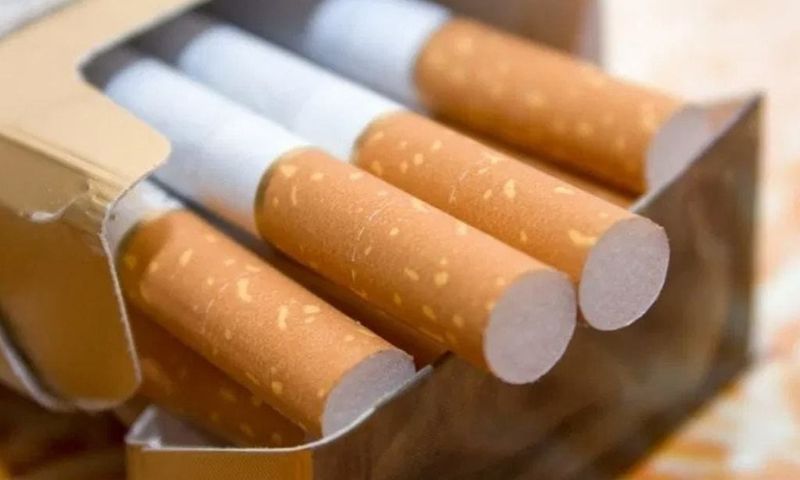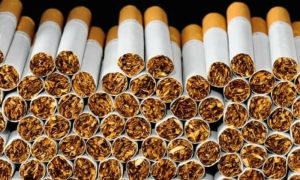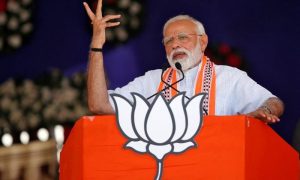ISLAMABAD: Representatives from Pakistan Tobacco Company (PTC) expressed deep concerns on Monday over the sustainability of their business due to inappropriate policy measures and a concerning rise in illicit trade.
Recent data from the Pakistan Bureau of Statistics Large Scale Manufacturing (LSM) Index has revealed a significant and troubling trend within the legitimate tobacco sector.
According to the latest statistics, the production of the legitimate tobacco sector has fallen forty times more than the overall LSM Output from July ’23 to November ’23. However, the consumption of cigarettes has remained stagnant, highlighting the adverse impact of policy decisions disproportionately affecting the legitimate tobacco industry. A comprehensive and balanced approach is deemed imperative to ensure a level playing field for the legitimate tobacco sector and ensure long-term sustainability.
Despite the implementation of a Track & Trace System (TTS), rising incidents of fake stamps being affixed to counterfeit packs of leading cigarette brands were highlighted by the representatives. Qasim Tariq, Senior Business Development Manager, stated, “Around 850 million counterfeit cigarette sticks are currently being sold all across Pakistan, including major metro cities like Karachi, Lahore, Islamabad, and Rawalpindi. This figure is equivalent to 42.5 million packs featuring fake stamps, resulting in a substantial loss of approximately PKR 5.7 billion to Pakistan.”
The rising counterfeiting raises serious questions about the efficacy of the much-lauded track and trace system, which is yet to be implemented across local cigarette manufacturers in Pakistan and Azad Jammu & Kashmir (AJK). Representatives urged Law Enforcement Agencies (LEAs) with jurisdiction to conduct extensive enforcement at the retail level against this rising menace.
Concerns were also raised about a recent misleading report circulating in the media regarding missed revenue collection by the FBR. The claims in the report were deemed false, raising questions about the intentions behind its publication. The report suggests that the illicit sector is less than 10% across Pakistan, contradicting even the FBR’s claim of illicit trade being more than 36.5% for the period in question.
Tobacco Sector Production Decline Raises Alarm
Moreover, the report claimed that government revenue declined due to fiscal changes in the excise structure but stopped short of revealing the complete picture. Between 2012 and 2016, the government switched to a 2-tier structure from a 3-tier Structure implemented in Pakistan in 1992.
This caused revenues to fall by more than 25% due to the above-inflation excise increase in 2015-16, and illicit trade hovered close to 50% of the market, as it is today. To curb the menace of illicit trade, the government decided to reintroduce a 3-Tier system, increasing revenues by more than 40% and discouraging illicit cigarette trade.
An extensive government-led national anti-illicit trade strategy, effective fiscal measures, and strict enforcement against illicit trade across the value chain with a key focus on the retail level have deemed the need of the hour.

























